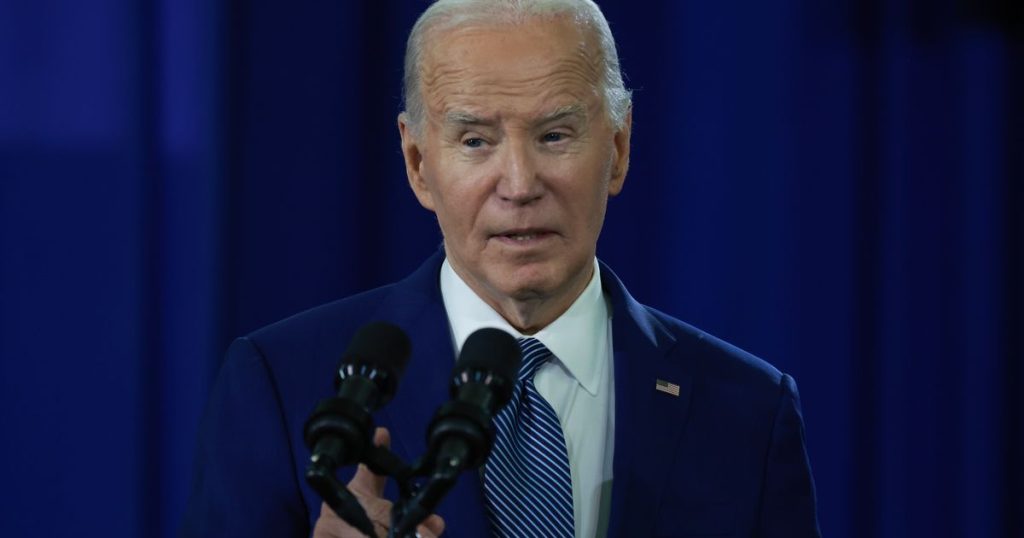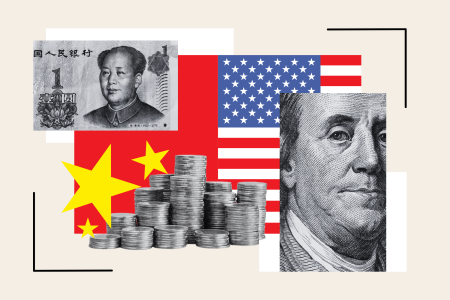President Joe Biden has secured funding in his landmark climate-spending law to boost solar manufacturing in the United States, leading to the investment of $2.5 billion by Korean panel giant Qcells to build the country’s largest photovoltaic factory in Georgia. The federal government is stepping up its support for solar manufacturing, with plans to impose trade restrictions on imported Chinese panels, providing loans to companies for opening new factories, and launching a $7 billion program to help build 1 million individual solar systems across the country. However, U.S. solar manufacturers argue that more needs to be done to compete with cheap imports that are flooding the market, citing illegal subsidies from China as the main reason for the price disparity.
American solar manufacturers, including Conval Energy, First Solar, Meyer Burger, Mission Solar, Qcells, REC Silicon, and Swift Solar, are urging the federal government to investigate whether panel producers in Cambodia, Malaysia, Thailand, and Vietnam are violating U.S. trade laws by exporting subsidized and below-cost solar equipment to the U.S. The rise of Chinese dominance in the solar manufacturing industry has led to the closure of many U.S. and European factories, prompting regulators to impose tariffs on imports. While former President Trump initiated trade levies on solar imports, President Biden has now taken a similar stance to address the influx of cheap Chinese panels and support U.S. manufacturers.
The solar industry in the U.S. is growing rapidly, with the vast majority of jobs in sales and installation benefiting from low-cost imports. However, there are concerns about relying too heavily on China for supplies of solar panels, especially given geopolitical tensions. Policymakers are looking to revive the solar manufacturing industry in the U.S., with new tax credits and supportive legislation being proposed. While there are concerns that new trade restrictions could slow the deployment of solar energy, the current oversupply of panels in the U.S. is not expected to cause a price spike.
Despite the drop in solar panel prices and increased imports, the primary barrier to generating more electricity from solar panels in the U.S. lies in regulatory hurdles and difficulties in building new grid infrastructure. There are nearly 500 gigawatts of solar projects waiting for approval to connect to the transmission system, highlighting the need for streamlined permitting processes and policy changes. As the U.S. seeks to transition to renewable energy sources, particularly solar power, efforts are being made to address the challenges in the industry and promote domestic manufacturing to reduce dependence on foreign suppliers.














